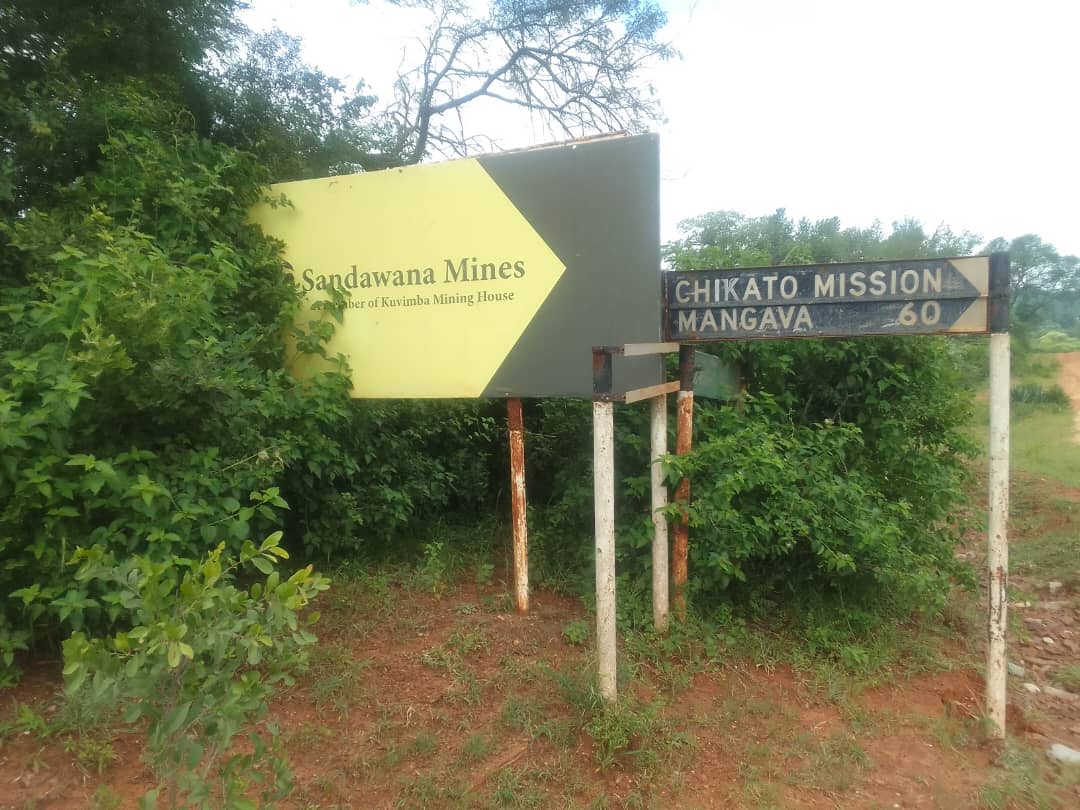Moses Ziyambi
There is need to take deliberate efforts to accommodate the perspectives of marginalised voices if the noble concept of the just transition is to avoid leaving anybody behind, it has been pointed out.
These sentiments came out during a recent virtual meeting on climate justice which brought together journalists, experts and activists.
The meeting, which focused on how energy systems could lead to climate justice, was organized by Internews’ Earth Journalism Network,
May Thazin Aung, a climate change researcher at the London International Institute for Environment and Development, said one aspect of climate justice was the polluter pays principle which, unfortunately, has not yet been followed through in letter and spirit.
“It has been the polluting countries that industrialized and developed, thus emitting greenhouse gases that contributed to climate change and climate impacts. However, it’s countries of the global south that are experiencing the impacts of climate change the most.
“Within this context, the just transition is about trying to recognize the contributions of developed countries to climate change, and to also work together as a global community towards a low-carbon economy, and sustainable development,” said Thazin Aung.
She said the concept of a just transition, though rooted in trade union protests against possible job losses due to the enactment of stricter environmental standards, the term goes far beyond labour and has of late tended to be energy sector-focused.
“It has been focused on the loss of fossil fuel jobs like mining jobs, for instance, in countries that have undergone massive changes in their energy portfolios from more fossil fuel-focused portfolios to more renewable energy-focused portfolios,” she said.
Thazin Aung said it was ideal that the discourse expands beyond the workforce and energy scope in order to facilitate transformative change which responds to all perspectives without living anybody behind.
Vicky Aridi, the programs manager at Kenya-based YEO 2030 Initiative, emphasized the importance of inclusivity and green recovery in the just energy transitions.
“We need to create decent work opportunities for young people who are a key demographic group. And the green recovery is an important aspect of the just energy transition as it speaks to the different economic recovery measures that are put in place to ensure that we achieve that we achieve our long-term climate change and sustainability objectives,” said Aridi.
She said young people should be closely involved in the search for solutions, adding that there were many cases of young Kenyans getting involved in the green enterprises spaces as well as in green policy-making structures.
From the perspective of indigenous people, Filipino human rights activist and environmentalist Joan Carling said it was an injustice that indigenous people were among the most vulnerable despite their almost insignificant contribution to climate change.
“From the experiences of indigenous people, it’s clear that while we have the lowest carbon footprint because of our simple lifestyles, we are at the forefront of suffering the consequences of climate change and we are victims of the transition which in this context is an extension of our colonization, and this time, green colonization.
“There is a continuation of the violations of our rights particularly to our lands, territories and resources leading to massive displacements and forced evictions from the building of mega dams that are considered sources of clean and renewable energy, the destruction of livelihoods and food systems including our cultural heritage.
“There is criminalization and attacks against land and environment defenders. When we defend our land against this form of impositions, we are criminalized and many of us are jailed or even killed for defending our rights,” said Carling, who is the executive director at Indigenous Peoples Rights International.
She cited examples in Kenya and Norway where, after protests and lawsuits, authorities acknowledged the violation of indigenous rights during establishment of wind farms.
In Zimbabwe, around 12 000 Tsonga people in Chiredzi district face eviction from their ancestral lands to pave way for the establishment of Lucerne grass farms for dairy giant Dendairy.
In the preamble of the 2015 Paris Agreement, the just energy transition is defined as ‘taking into account the imperatives of a just transition of the workforce and the creation of decent work and quality jobs in accordance with nationally-defined development priorities.’








